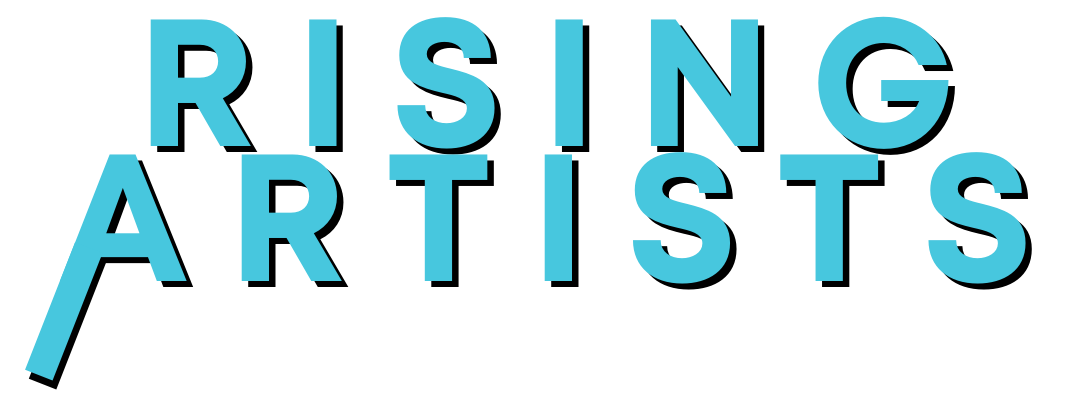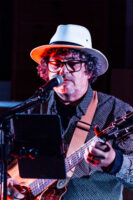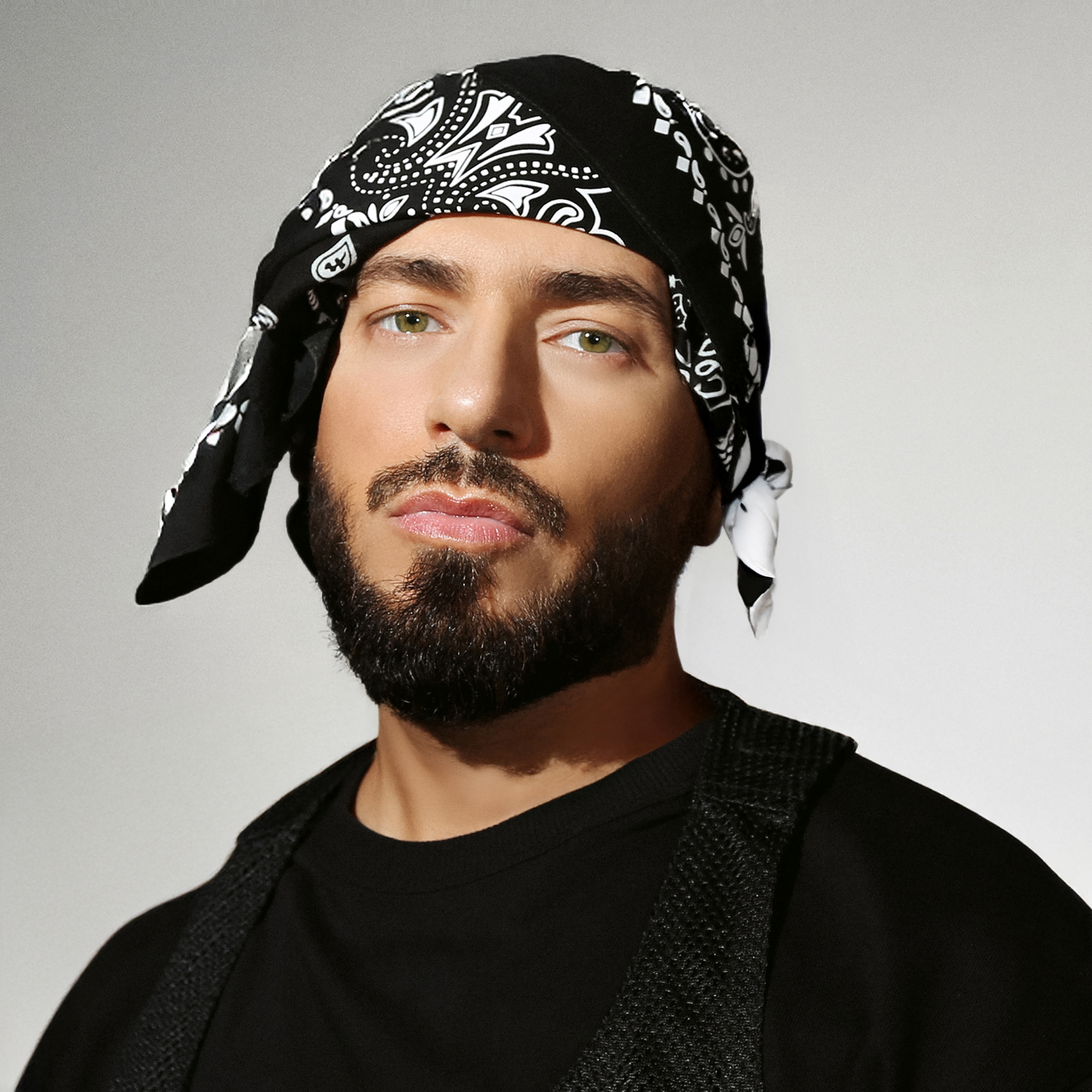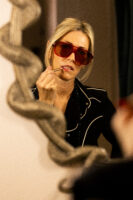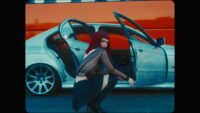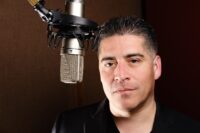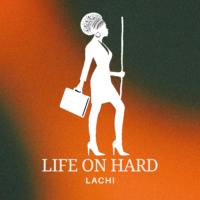Q: “Red Light” is triumphant and determined. What was your creative process while writing and producing this song?
LEROUX: I initially wrote “Red Light” when I was much younger. I’d become frustrated with all the red tape around all these opportunities I needed to move forward in life, and how I’d been told by people around me how some things I wanted for myself weren’t a possibility for me. I wrote the song out of angst, and it remained an acoustic song I’d play in my sets over the years, and had as a stripped-down track in my acoustic EP.
When I recently sat down and decided to revisit some of my songs, I looked at “Red Light” and how the song had evolved with me over the years. While it was born out of anger, it ultimately was a song that celebrated being self-autonomous, whatever the outcome. Once I realized this, I knew that I wanted to evoke the 2000s pop rock, pop punk I grew up with – Fall Out Boy, Motion City Soundtrack, The Killers – that found this perfect balance of triumphant choruses with darker undertones. My goal with the production, which was a collaboration between me and Mexico-based producer Ivan Reyes, was that I wanted “Red Light” to sound like it could have been played seamlessly alongside music from these bands when they came out.
Q: How do you think being raised in Tokyo, Japan influenced your music taste and style?
LEROUX: My musical awakening came around the time when Japanese pop music had entered a very experimental phase, in the late ’90s / early 2000s. It felt like everybody was doing something differently than they had done in pop music before, in some way. Pop stars like Ayumi Hamasaki and Hikaru Utada, who were known for a dance or R&B sound, were releasing metal or orchestral songs. Singer-songwriters like Shiina Ringo and Chihiro Onitsuka earnestly wrote about topics like depression, one night stands, existential fears – topics that were rarely discussed or were considered taboo. Singers experimented with heavy vibrato, whispering, and vocal flips, as opposed to the conventional pop singing styles of the time. Novelty music fully embraced kitsch but still incorporated complex chord variations, multiple modulations, and sax solos, in the same song.
There was a vulnerability and sense of play to J-pop at the time, and I like to think it set the tone for me in blurring the lines between genres and caused me to be blissfully unaware of limitations we place on artists and genres. I like to think that’s something that influenced my songwriting.
Story-focused folk music has always been my biggest love. But growing up in Japan, being exposed to so much diversity in the mainstream with how music was produced, has definitely helped me enjoy and appreciate so many genres.
Q: Was there a pivotal moment in your life when you decided to follow your path as a musician?
LEROUX: I think my following my path as a musician is a result of many different moments – discovering Joni Mitchell, Tracy Chapman, James Taylor, Jose Feliciano, Lauryn Hill, Dream Theater, and Amy Winehouse were all pivotal moments for me. But one moment that kind of cemented it all for me was… around the time I was starting out, I just finished playing a few songs at an open mic. Someone in the audience bought me a drink at the bar and just said, “I needed that.” That brief interaction was my first significant confirmation that this is the path I should be on.
Q: Who would you most like to collaborate with, if it could be anyone in the world?
LEROUX: This is a hard question because there are two people I would love to collaborate with, equally.
First, Tracy Chapman, without question. Her songwriting and delivery have been influential for me, and I admire her being able to write about social issues with so much compassion for communities affected. I always felt that musically, she is equal parts poet and journalist. More than anything, I’d just love to be a part of her songwriting process and see her at work.
Secondly, Alan Menken. I had the immense privilege of interviewing him once, and was inspired by how much excitement he had for the creative process, when writing music for theater. He talked passionately about how in musical theater, songs served a purpose in the telling of a grander story. That’s something I brought with me to my writing, and it also allowed me to give context to music I’d written before. I would love to be a part of his creative process. I’d do it even if my contribution was hitting a triangle once in the entire song.
Q: What has been one of the highlights of your music career so far?
LEROUX: It’s difficult to say. The biggest highlights for me, of course, is being able to play for people from all walks of life and, if my music resonated with them, get to know why and learn more about them in the process.
But if I had to choose one… being a featured singer in a video game would have definitely impressed my younger self.
Q: What is coming up next for you?
LEROUX: I’m currently working toward creating an autobiographical album that’s been in the works for years. It’s equal parts new songs, and revisited tracks from my past EP, each giving context to one another. I’m taking my time with it, working on it song by song for now, enjoying the creative process, and finding the right people for each track. I’m excited to put it out to the world – when I’m ready.
FOLLOW MARTIN LEROUX:
